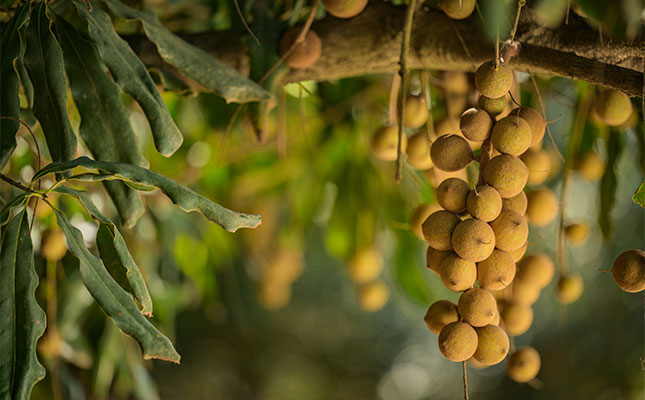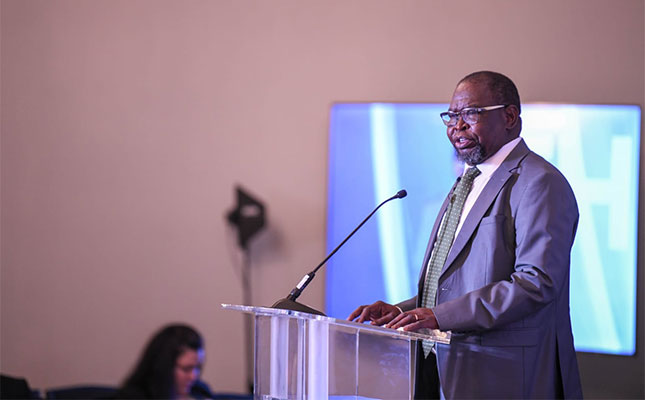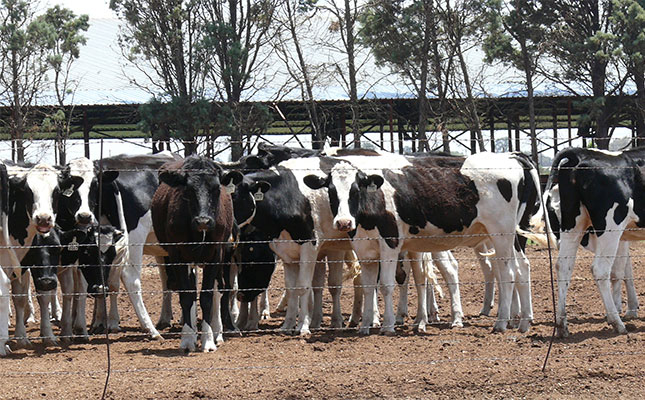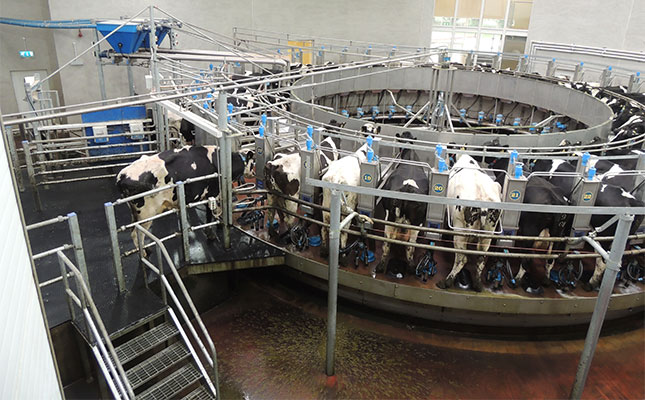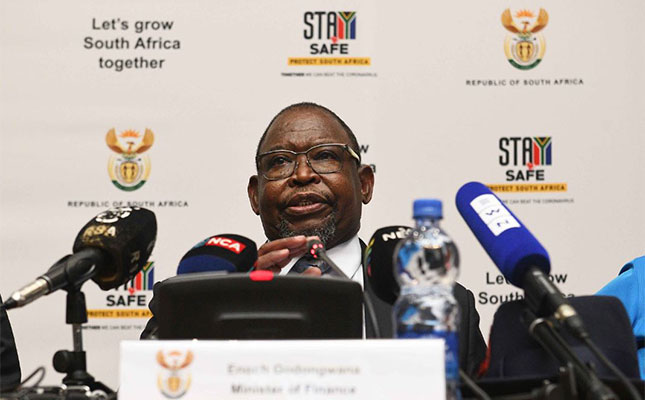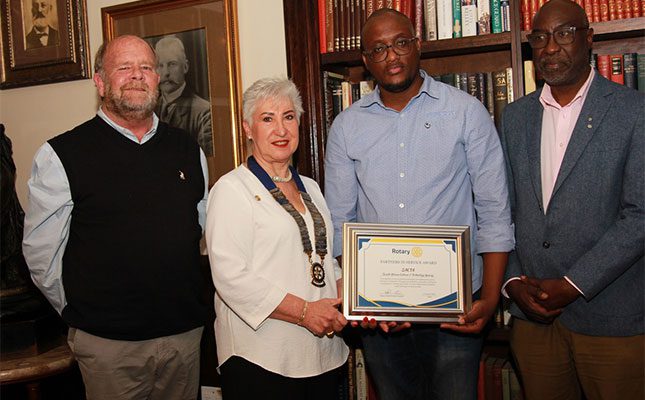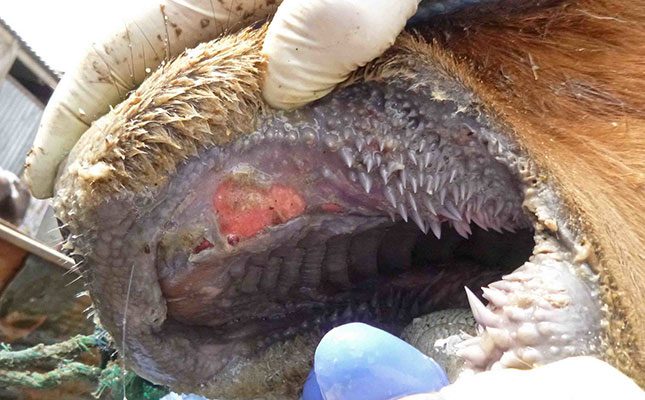
According to the Department of Agriculture, the affected property was placed under quarantine last Tuesday, 8 July, and immediate control measures were implemented.
The Free State is now the sixth province to report an FMD outbreak. Nationally, 270 outbreaks have been reported as of July 2025, most of them in KwaZulu-Natal (191), followed by the Eastern Cape, Gauteng, North West, and Mpumalanga.
READ RMIS calls for urgent reform in the global classification of FMD strains
Movement restrictions in the Eastern Cape and Limpopo were lifted earlier this month after several municipalities were under disease management areas (DMAs) since September 2022 (Vhembe) and July 2024 (Kouga and Kou-Kamma).
Free State Agriculture (FSA) said the latest development was a significant economic setback for the affected farmers and their immediate neighbours, as well as for the entire Free State livestock industry working to meet national and export standards.
Given the scale of the national threat, the FSA urgently called on all livestock producers in the province to rigorously implement biosecurity protocols. It also urged all farmers, veterinarians, auctioneers, transporters and other stakeholders to remain alert, fully co-operate with authorities, and report any signs of disease immediately.
“We await further official communication from the Free State department of agriculture regarding containment protocols and implications for the broader agriculture sector,” Dr Jack Armour, commercial manager of the FSA, said in a statement.
Speaking to Farmer’s Weekly, Andries Raath, regional manager of TLU SA in the Free State and vice-chairperson of the Red Meat Producers’ Organisation in the Free State, said they were very concerned about the spread of FMD in the province.
“The Free State economy is largely based and dependent on the stock farmers, therefore stock farming is one of the core drivers of the province’s economy. Should FMD become a major threat, it will have a detrimental effect [on the economy],” he said.
READ Karan Beef suspends cattle intake after FMD outbreak at feedlot
Raath added that they were urging all Free State stock farmers to ensure control measures were in place.
“Farmers should also adhere to the control measures as published by the Department of Agriculture and the provincial government. We are also asking farmers to remain vigilant. If they see or note any movement of animals that may be a threat to the health of [other] animals, please report it to Red Meat Producers’ Organisation in the Free State or any organised agricultural institutions so that it can be investigated,” he said.
In June, Agriculture Minister John Steenhuisen confirmed the acquisition of 900 000 doses of the FMD vaccine from the Botswana Vaccine Institute to bolster mass vaccination efforts against the disease. He also disclosed that a total of R72 million had been earmarked to purchase of FMD vaccines for all affected cattle across the country.
Steenhuisen made the announcement during an inspection of the Karan Beef feedlot in Heidelberg, Gauteng, where the department launched its first-ever feedlot vaccination effort aimed at controlling FMD.
This followed the confirmation of the first FMD case at the feedlot on 2 June. Additional outbreaks were later reported at Karan Beef facilities in Nigel (Gauteng) and Albert Falls (KwaZulu-Natal). Around 160 000 cattle were subsequently subjected to FMD control measures at these three commercial feedlots, which are among South Africa’s largest.
According to Standard Bank’s ‘Livestock Biweekly 2025’ report published on 4 July, Karan Beef was estimated to contribute 10% of total domestic beef production in South Africa and 30% of the beef produced though the feedlot system.
When contacted for comment on any updates at the feedlots, Anso Bracken, marketing manager at Karan Beef, told Farmer’s Weekly: “At this point, we are unable to provide any comment, as we are still awaiting formal approval from the relevant government authorities to proceed with our normal operations.
“To date, only 26% of the herd at our Heidelberg feedlot has been vaccinated, as that is the total allocation we have received so far.”

